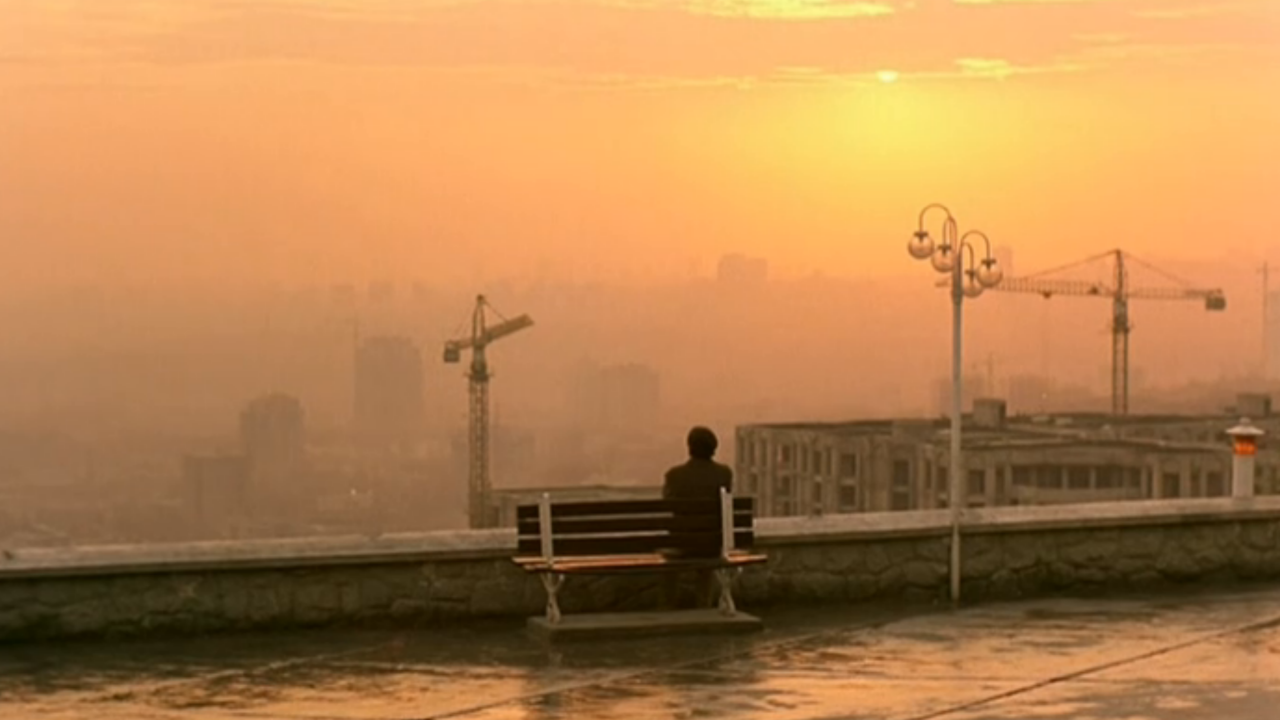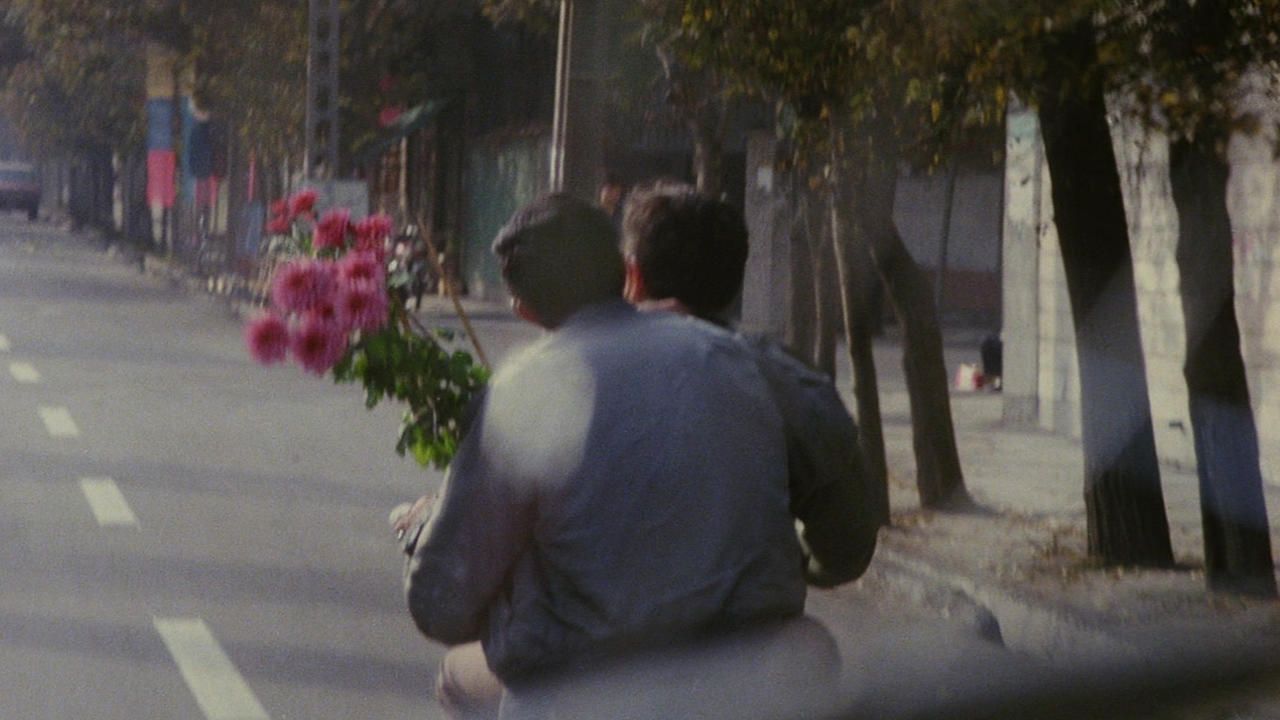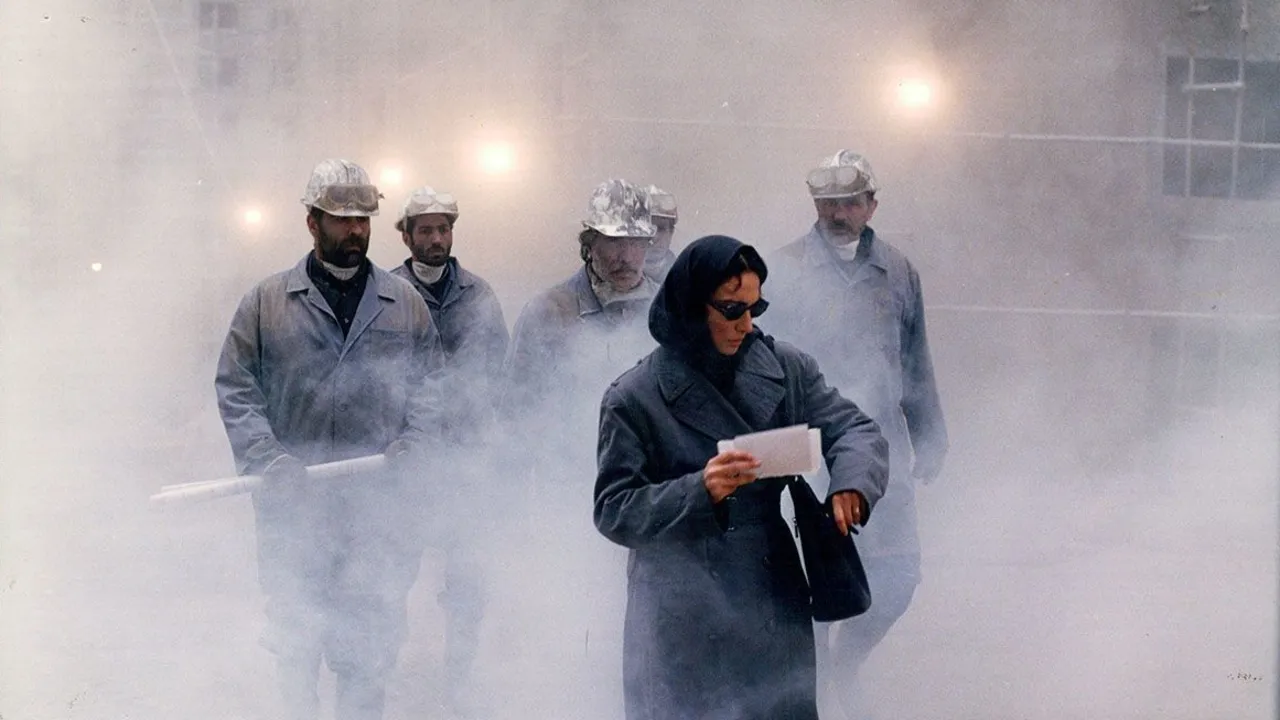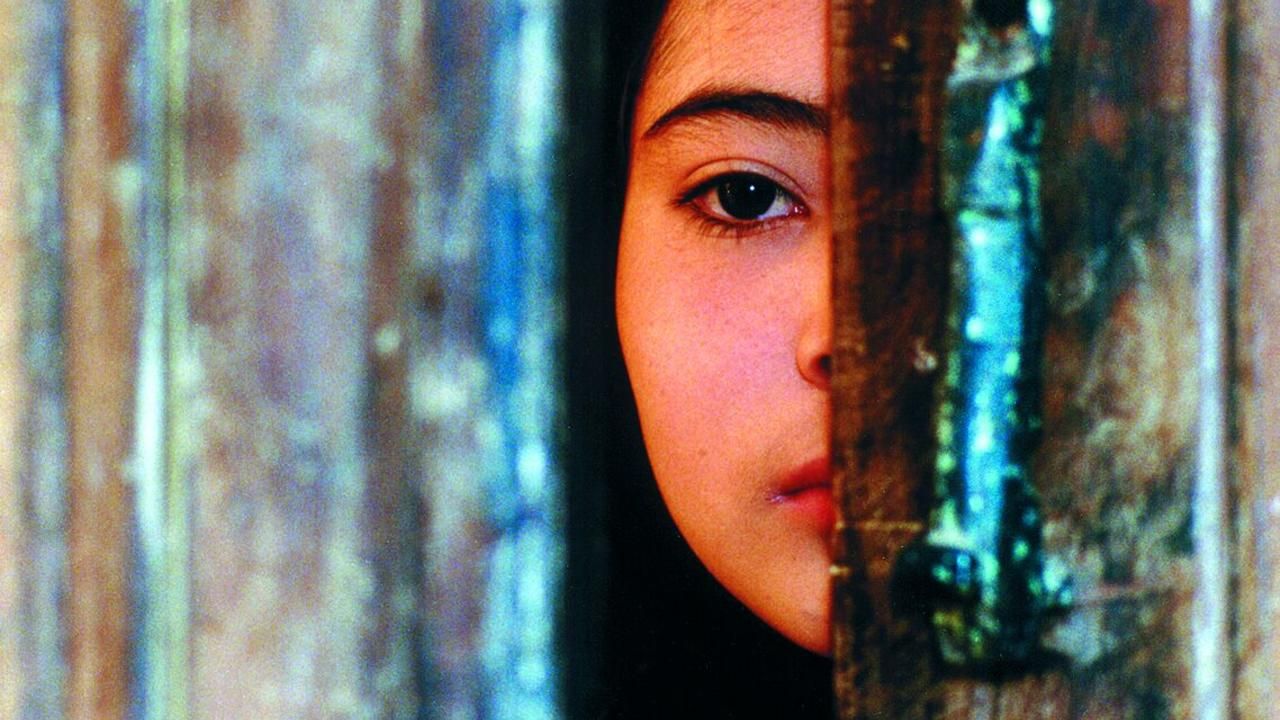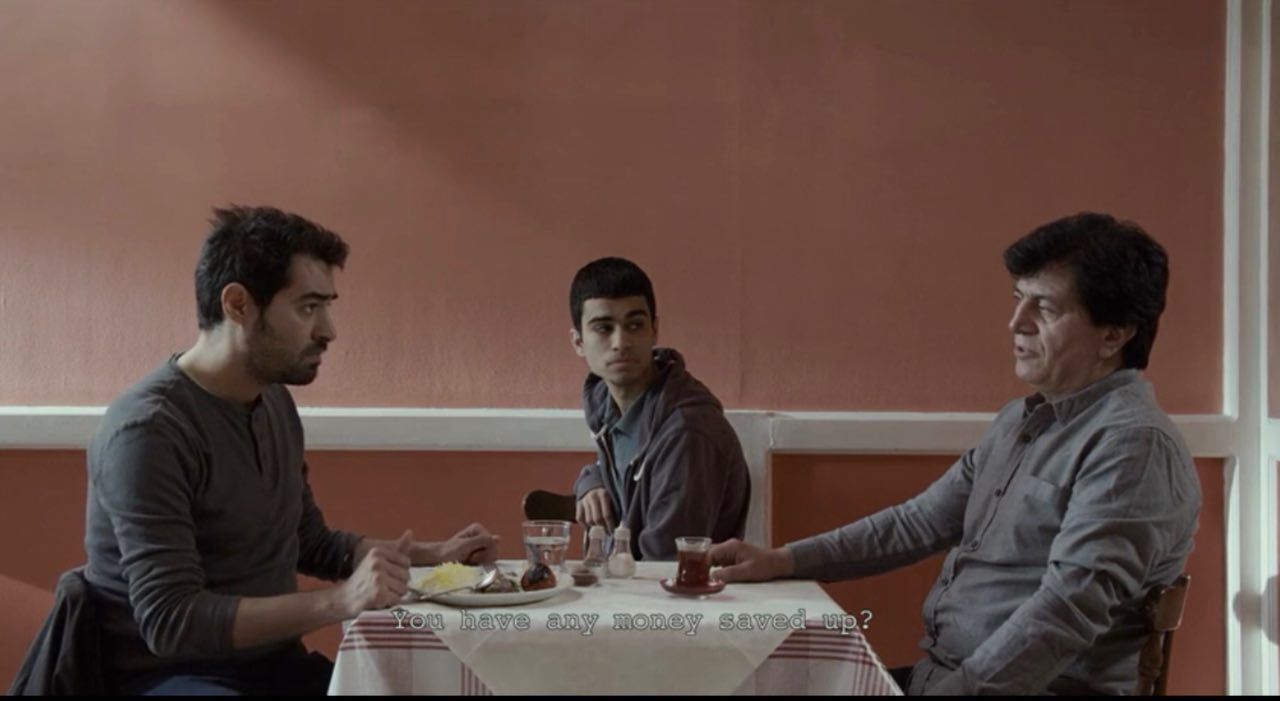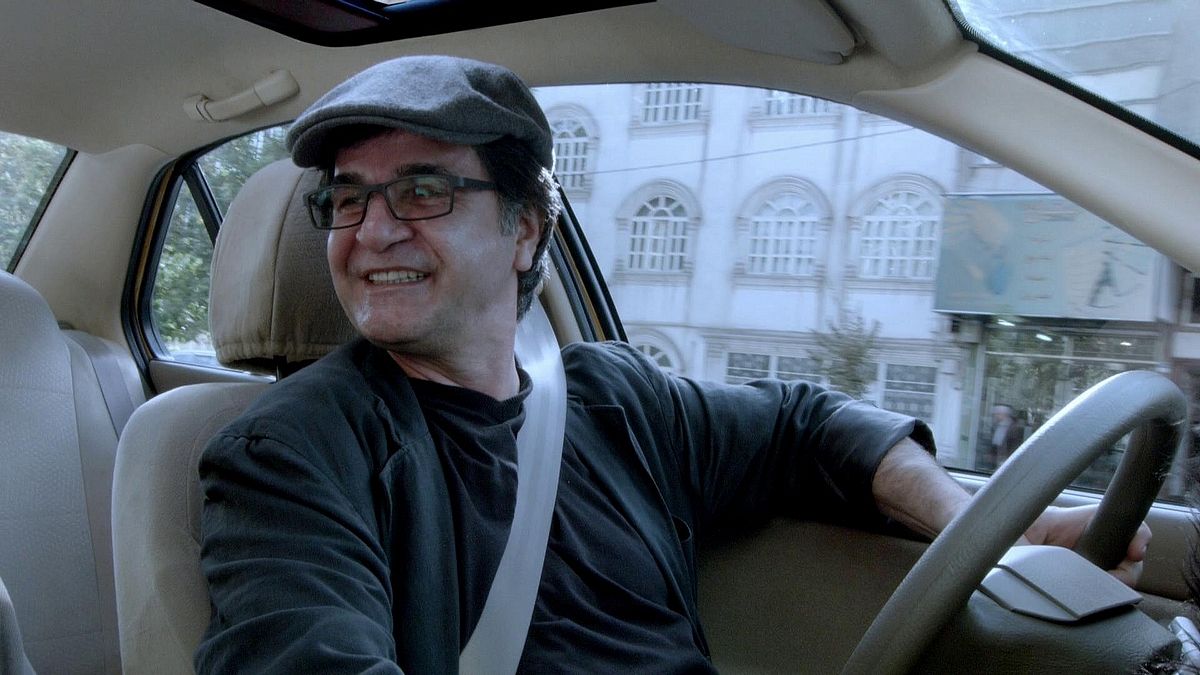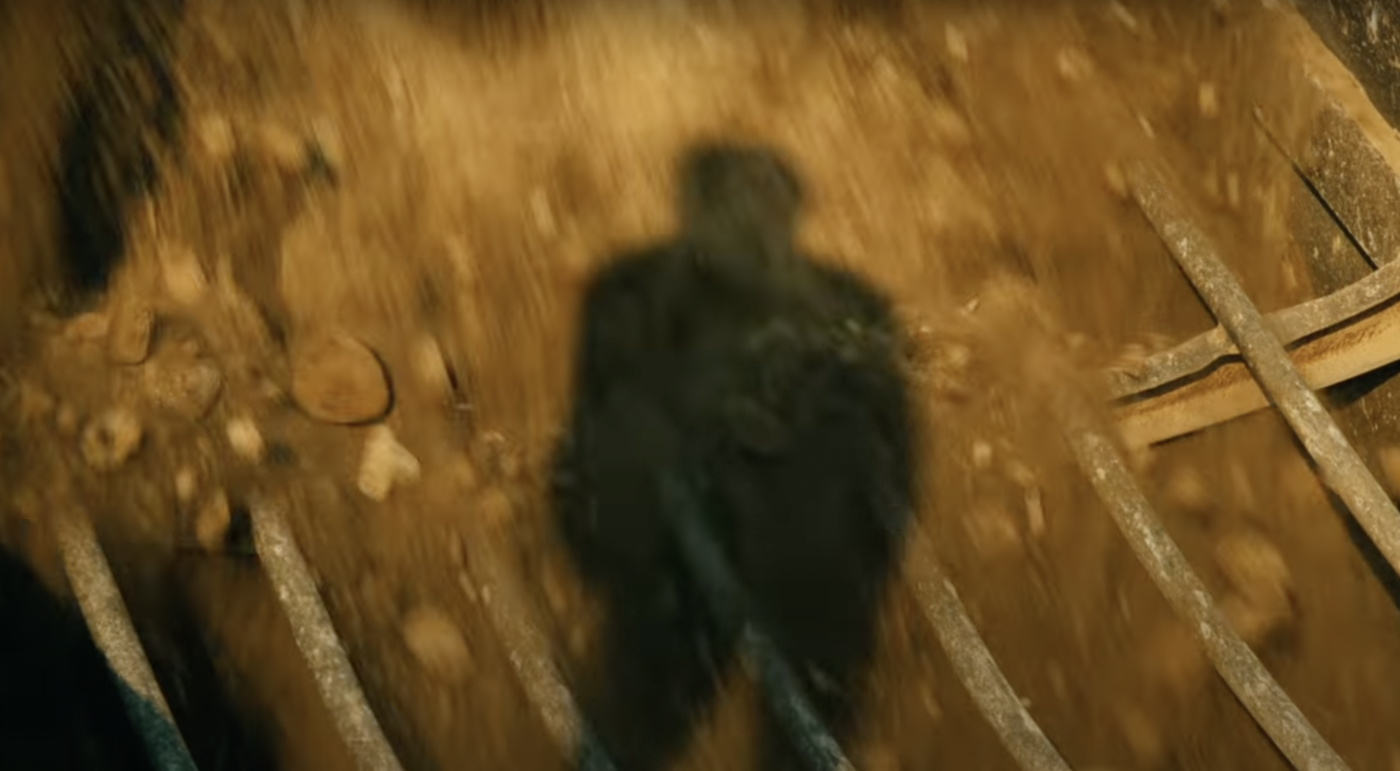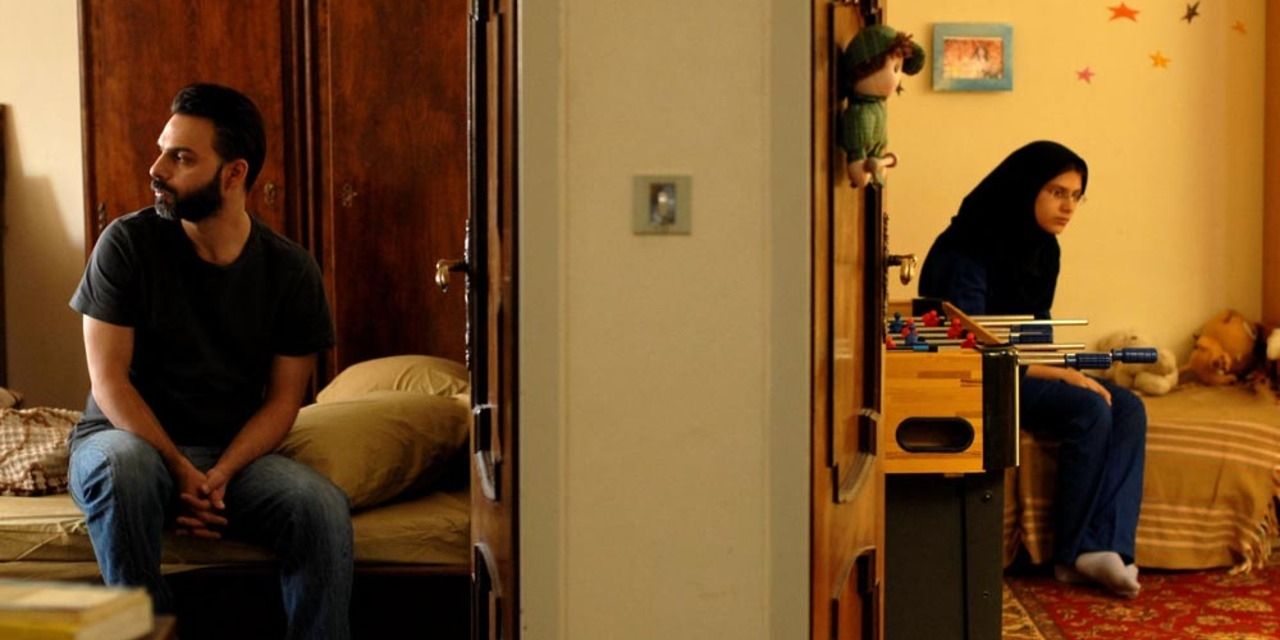Iran has arguably created some of the most underrated cinematic content, with critical film analysts from around the world praising Iranian cinema as among the world's most essential and artistic. In the Iranian (or Islamic) Revolution of '79, the authoritarian monarchy of the Shah of Iran, Mohammed Reza Pahlavi (in alignment with the United States, and its western policies), was overthrown by the Islamic state of Ayatollah Khomeini. Afterwords, media fundamentally changed in the country, and a range of post-'90s Iranian films shadowing this era gained much attention throughout the years, garnering high-profile awards on the international scale (at film festivals like Cannes, Venice, and Berlin).
In Iranian media, films and television broadcasts are all controlled by the Iranian state, with its content reflecting religious and sociopolitical ideology. Abbas Kiarostami, a celebrated Iranian-born filmmaker, was heavily involved in directing during the 90s, creating over forty short films and documentaries. Kiarostami quickly became established as the leading Iranian filmmaker to the world, detailing his culture with humanity and intellectual rigor. Iranian movies usually reflect nuances of Iranian civilization through its ethical values and rural landscapes, in a relatable manner; they also have a tendency to blend fact and fiction, perhaps as a political imperative to never trust what the state says. Take a look through some of Iran's most praised films.
7 Close-Up
Close-Up is a tough one due to the film not being prominently labeled as a documentary or a drama, the project instead connects the two genres together in a very unconventional format called 'hybrid documentaries.' Based on a series of actual events that occurred in the 1980's of Northern Tehran, Abbas Kiarostami's film depicts the trial of Hossain Sabzian, a man who impersonated filmmaker Mohsen Makhmalbaf, convincing a family they would star in his new project. Close-Up actually casts the real director and his convicted impersonator as themselves and has them follow Kiarostami's script, diving head-first into issues associated with personal identity and justice in a thoughtful, cinematic light.
6 Killing Mad Dogs
The power of the woman lives on in Killing Mad Dogs. Set in a post-revolutionary Iran, author Golrokh Kamali (Mozhdeh Shamsai) returns to Tehran and her husband after spending nearly a year away. Golrokh immediately finds that she must settle her husband's debts, caused by a shady business partner who left him to bear the brunt of his consequences. A lesson for all husbands: when a wife warns that a colleague is no good, listen. Golrokh attempts to assist her husband out of jail by settling his debts in his place in this powerful, skillfully directed film.
5 Baran
Seen through the perspective of Lateef, an Iranian teenage boy who falls head over heels in love with Rahmat, a young Afghan worker. Set in a time period where a large amount of Afghan refugees are living in Tehran's outskirts, the film conveys a love story from Lateef's point of view towards a young girl he barely knows. Both romantic and emotional, Baran makes viewers feel as if meeting a fellow soulmate and holding strong on that sentiment through every obstacle is comforting yet tear-jerking.
4 Gholam
Portraying the life of an Iranian man living in exile in London, Gholam (Shahab Hosseini) works as a minicab driver at night and a mechanic during the day. The film really does view migrant life in London through an accurate scope, shedding light on the numerous cultural issues that are more commonly overlooked when living in the UK's rural community. It's a poignant microcosm for the refugee crisis.
3 Taxi
Arrested and later convicted by Iran's Islamic Republic in 2010 for allegedly creating propaganda against the system, director Jafar Panahi continues to work in cinematography even as he faces a 20-year ban on writing scripts, directing films, giving interviews or even leaving the country. Panahi's work in the documentaryTaxi portrays him as he pretends to be a share taxi driver. He drives through the streets to hear the diverse lives and view points of his fellow passengers and at the end of each ride declines any payment for the services provided. As in many Iranian films, however, fiction and reality gets blurred, and it's often hard to know how much is scripted in this funny but surprisingly tense movie, which was all filmed illegally.
2 Taste of Cherry
Taste of Cherry is Abbas Kiarostami's simple but endlessly haunting tale of a man who drives through his small city in pursuit of anyone who will agree to bury him after he takes his own life; it's considered one of the great masterpieces of cinema. Depicting the story of an individual plagued with unhappiness in life, and unfazed by the series of people who attempt to explain the significance in living, is both difficult to watch yet hypnotically intriguing. The film was later awarded the Palme d'Or at the 1997 Cannes Film Festival, and its controversial metafictional ending has polarized critics ever since.
1 A Separation
Being a married couple is difficult enough for almost anyone; add being a married couple and facing the many challenges that life in Iran sometimes seemingly reels in. Long before Marriage Story, the brilliant A Separation tells the story of Simin (Leila Hatami) and her husband Nader (Payman Maadi) as they weigh the difficult decision to either improve the life of their child by moving to another country, or stay in Iran and care for a parent who is suffering from Alzheimer's disease. The story is truly heartfelt and acts as a learning experience for viewers who may not have experienced contemplating the same decisions as Simin and Nader have. Perhaps the most popular Iranian movie of the past two decades, A Separation took the world by storm and announced director Asghar Farhadi as one of the modern masters of cinema, earning him the first of his two Oscar wins so far.

